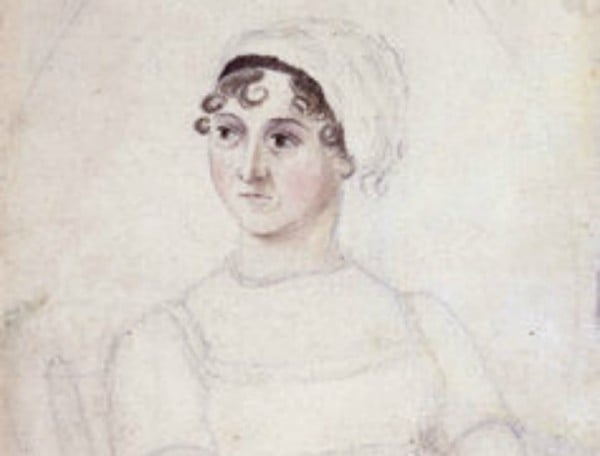
By Camilla Nelson, University of Notre Dame Australia.
Pride and Prejudice (1813) is by far Jane Austen’s most popular novel but, for literary critics, Emma (1816) is more often ranked as her greatest achievement. Or – in an era in which phrases such as “great books,” like “great men,” are apt to make the most hardened aesthete blush – her most intelligent.
Yet, at the time of publication, Emma’s longevity was far from guaranteed – reviews were few and far between, sales figures were less than promising, and the novel’s young and artistically obscure author soon fell into a mysterious decline, dying of an unnamed illness eighteen months later.
So how did this, Austen’s fifth novel, make the epic 200-year journey from the dusty bin-ends of John Murray’s publishing house to endow its author with the mantle of extraordinary and apparently inexhaustible celebrity?
































































































